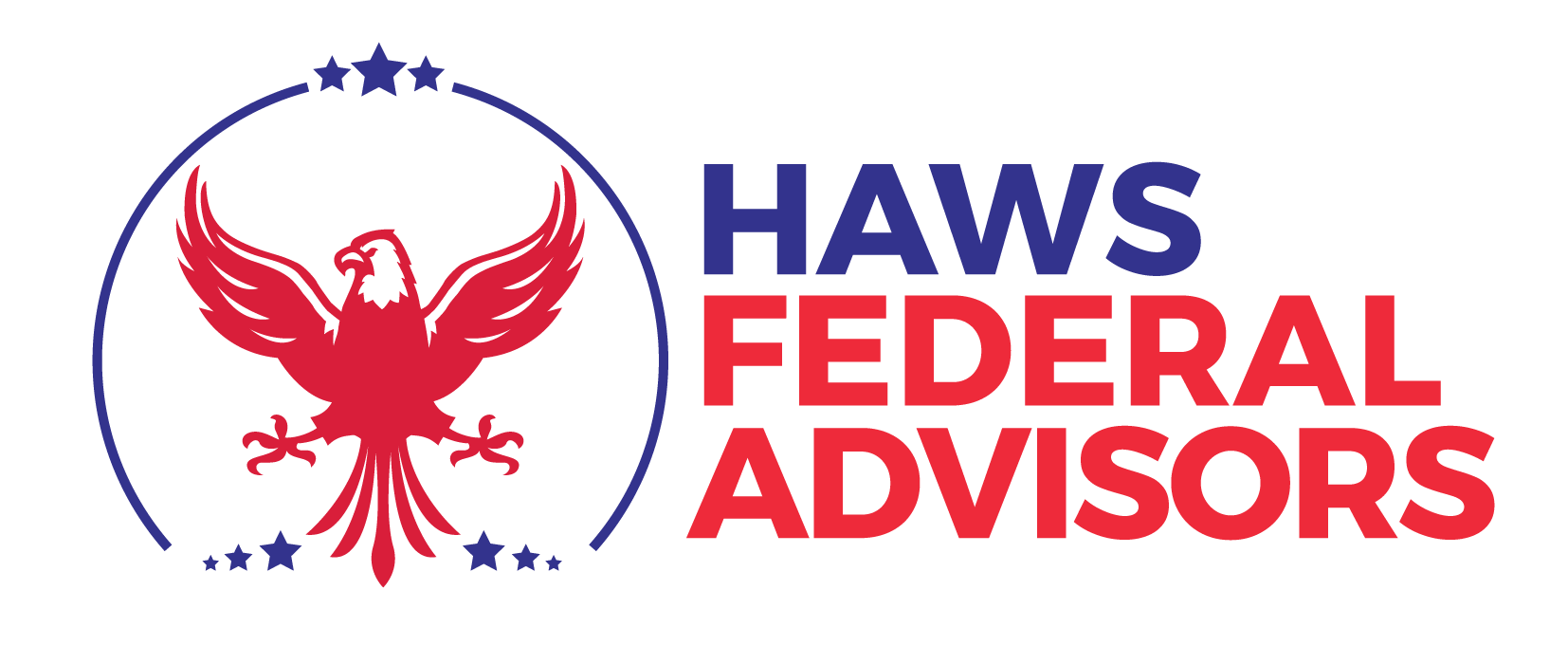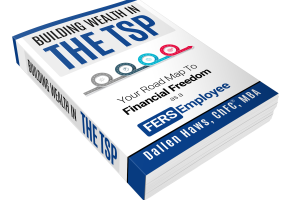Have you ever bought something to then realize that you didn’t actually need the product/service?
Or maybe you realized that you significantly overpaid for it?
Unfortunately, I see this sort of thing all the time with Federal Employees and the federal life insurance (FEGLI).
Now don’t get me wrong, I am not saying that FEGLI is always a bad idea. At times, it can be very helpful.
But especially as you get older there are some things that you have to know.
Do You Actually Need Life Insurance?
The very first question to ask is if you actually have a need for life insurance. Because not everyone does.
Generally, the only time someone would need life insurance is if their death would leave a loved one in a tough spot financially.
There is often a need when someone has a young family and their spouse and kids depend on their current and future earnings.
This is also common when a retired couple’s income is disproportionately tied to one of the spouses.
If you passed away tomorrow, would your loved ones be okay? Would you be leaving them with any debts or other financial liabilities?
If you are retired, what income sources would be left behind for your spouse and would that be enough for them to maintain their lifestyle.?
If you are not confident that your family would be fine without you then you may need life insurance.
And once you identify a need for life insurance, the next question is how long will the need exist?
Some people only have a need until their kids are grown or until they have enough retirement savings to take care of any needs that would arise.
Knowing approximately how long you’ll need life insurance is incredibly important when deciding where to go for your coverage.
What is FEGLI and How Does It Work?
FEGLI has 4 different parts. Basic, parts A, B, and C.
Each of these parts have different rules and benefits.
Check out this guide to know the ins and outs of these 4 parts.
The Cost of FEGLI
The rates for FEGLI do change over time but you can find the current FEGLI rates for active employees here.
But keep in mind the cost of the insurance can change significantly at retirement depending on what options you pick to keep.
You can find the FEGLI rates for retirees here.
Cost of FEGLI Part B
For those that have substantial life insurance needs, part B is often used. And for those under 45, the rates tend to be very competitive for part B.
But as you get into your 50’s and 60’s, the cost of FEGLI part B starts to increase dramatically. As you can see on the chart below, the premiums skyrocket between ages 45 and 70.
For those who need life insurance and are in good health, it may be more cost effective to find coverage somewhere else as you age. But again, it can be difficult to get back into the FEGLI later so I would be very confident in your decision before you cancel any FEGLI coverage.
The Cost of FEGLI Basic
The Basic FEGLI coverage, on the other hand, is the coverage that you get automatically as an employee and the government pays for a portion of the premiums. The premiums for this coverage does not increase with age like it does for the other types. Consequently, some employees choose to keep this coverage for much longer than they keep the Option B coverage.
Basic Coverage Premiums per Thousand Dollar of Coverage (as of 2021) for Active Employees
Note: This pricing is for active federal employees. Once federal employees retire the rates for FEGLI basic will depend on what they choose to take into retirement.
You can find retirement rates here.
Alternatives to FEGLI
In some cases, FEGLI is the best option but not all the time.
Here are some FEGLI alternatives to consider.
WAEPA
WAEPA is insurance specifically for federal employees and can be a great way to keep coverage if you are leaving the government early or need more insurance than FEGLI allows.
And in many cases, WAEPA is cheaper than FEGLI.
You can find the details here.
Other Insurance Companies
There are hundreds of private insurance companies that offer life insurance and it is always good to shop around to make sure you are getting the best prices.
Some of the large private insurance companies are Prudential, State Farm and USAA.
Self Insurance
But again, not everyone needs life insurance. Many people are able to “self-insure” meaning they have enough money/income to comfortably take care of their family even if they passed away.
If you are retired or close to retirement, you will want to think through what income sources your spouse would be left with if you passed away to make sure they will be okay.
You will want to think about things like your FERS pension Survivor Benefits, Social Security, your TSP, etc.


